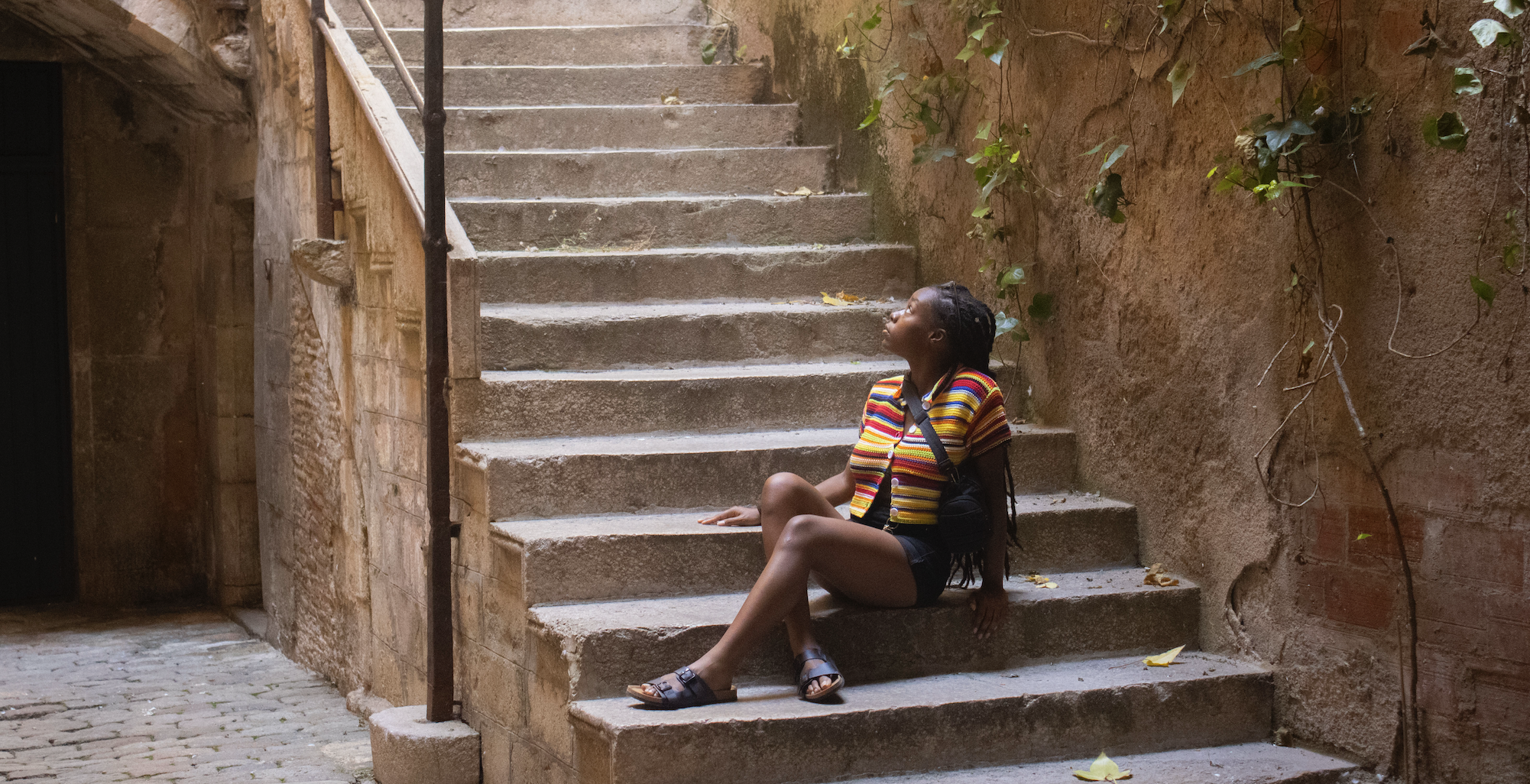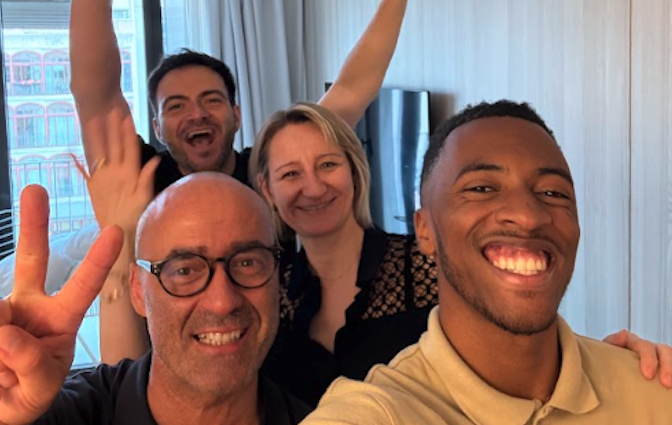Since arriving in Barcelona, and living in The Student Hotel (TSH), a student residence with 100+ international students, I’ve started to become more aware of the differences of the education systems across the world.
For example, my floor mates and I have spoken about the Spanish school system. We discussed how school is like in Spain from age five to twenty-five. It even got to the point where I couldn’t really understand each step (possibly because we were speaking in Spanish), so one girl found a sheet of paper to write out each level of school. She drew out each step on a timeline, from “Infantil” at ages 3-5, to “Bachiller” or “Grado Superior” from ages 16-18. Although I still don’t completely understand the school system yet, I for sure got a comprehensive introduction.Similar to that introduction I got of the entire school system of Spain, I’ve been able to get a glimpse into a different way of studying at a university, then I have ever experienced before. As someone who goes to the University of Michigan, an institution with 28,000 undergraduates and has gotten used to Economics classes of 300+ students, I’ve never gotten the small class size feel at a college level. However, since starting classes through the International Business and Humanities Semester Program at the UAB, I’ve been fortunate enough to sit in classes that are new to me, in the best way possible.
There have been three key differences I’ve noticed about my classes since starting them completely virtual on January 25th. As of this past Monday, March 8th, my classes have moved back to face-to-face instruction. Some students with classes related to field studies, such as going to museums or walking around an area of the city, have been able to meet in person prior to Monday. However, due to the fact that I’m taking mostly business and economics related classes, it wasn’t permitted to be in person until regulations changed. Nevertheless, these following differences were prevalent even before my classes were able to meet in person. I commend UAB for creating such an enjoyable, informative, and unique experience for international students.[image_with_animation image_url=”6556″ animation=”None” hover_animation=”none” alignment=”” border_radius=”none” box_shadow=”none” image_loading=”lazy-load” max_width=”100%” max_width_mobile=”default”]
A quick glance at the Casa Batlló after a tour of La Casa Mila.
A SMALL CLASS SIZE THAT PERMITS REAL CONNECTIONSWhen I virtually entered one of my first UAB classes, International Business, I was amazed to see that our class was just about ten students. Within just a few classes, I was able to learn everyone’s names, and already had a sense of understanding of our professor’s teaching style. My classes haven’t had the same huge lecture hall feeling I am used to, but instead it’s as if I’m sitting in a small classroom and having a conversation. These conversations feel natural, and also interesting. I believe the small classroom feel is so different from a big class, primarily because you are not only learning from the professor, but also the words of every classmate around you. Our professor encourages people to participate and consequently, we are able to hear a different perspective. What makes it even better about hearing these different perspectives is that they are opinions of people from all around the world.[image_with_animation image_url=”6571″ animation=”None” hover_animation=”none” alignment=”center” border_radius=”none” box_shadow=”none” image_loading=”default” max_width=”100%” max_width_mobile=”default”]
Eating lunch and playing spikeball with other UAB students.
THE ABILITY TO PRACTICALLY TRAVEL THE WORLD BY GOING TO CLASS
My classes have students from Germany, Switzerland, Denmark, Egypt, China, Japan, and more. Not only have these students become my peers, but also my friends. Even one day this week, we took our lunch break to sit down and eat. Just having lunch together has enabled us to get to know each other and learn about each other’s backgrounds and cultures. Especially in businesses classes, where we analyze things like Harvard Business Review cases, it’s interesting to hear how a German talks about the Soda Industry compared to an American. I believe the international aspect of my classes at UAB have made them even more valuable than I could have ever imagined.
[image_with_animation image_url=”6552″ animation=”None” hover_animation=”none” alignment=”center” border_radius=”none” box_shadow=”none” image_loading=”lazy-load” max_width=”100%” max_width_mobile=”default”]Working on a group presentation with my friend Ahmed from Egypt.
A NEW LEVEL OF PRACTICALITY FOR EDUCATIONWhat I may like the most about my classes here is that I feel as though I am learning things that I will be able to use later in life. Even if I don’t use them later in life in an academic or career sense, I know I will at least bring the topics and ideas up in conversations I have in the future. The concepts I have touched on in my Poverty, Inequality, and Globalization class are ones that I will try to learn more about on my own time. Our professor teaches the class in a way that’s so casual, interactive, and enjoyable, that I actually want to pay attention. Additionally, the expectations my professors have of me are realistic. I feel challenged in my classes here, while also not feeling overwhelmingly stressed. The environment makes me value and look forward to my classes. Although this feeling is not all completely new to me, the structure of my classes and the pace of the class with no doubt augment my interest for them.As we just finished midterms, I looked forward to this week when I will be taking class field trips to Placa de Catalunya, Park Güell, and The Old Estrella Damn Factory. I can’t believe it is already March 12th and my semester is just about half-way over. I plan to continue to enjoy and appreciate my classes here at UAB and take advantage of each day I have here in Barcelona.[image_with_animation image_url=”6555″ animation=”Fade In” hover_animation=”none” alignment=”center” border_radius=”none” box_shadow=”none” image_loading=”default” max_width=”100%” max_width_mobile=”default”]



